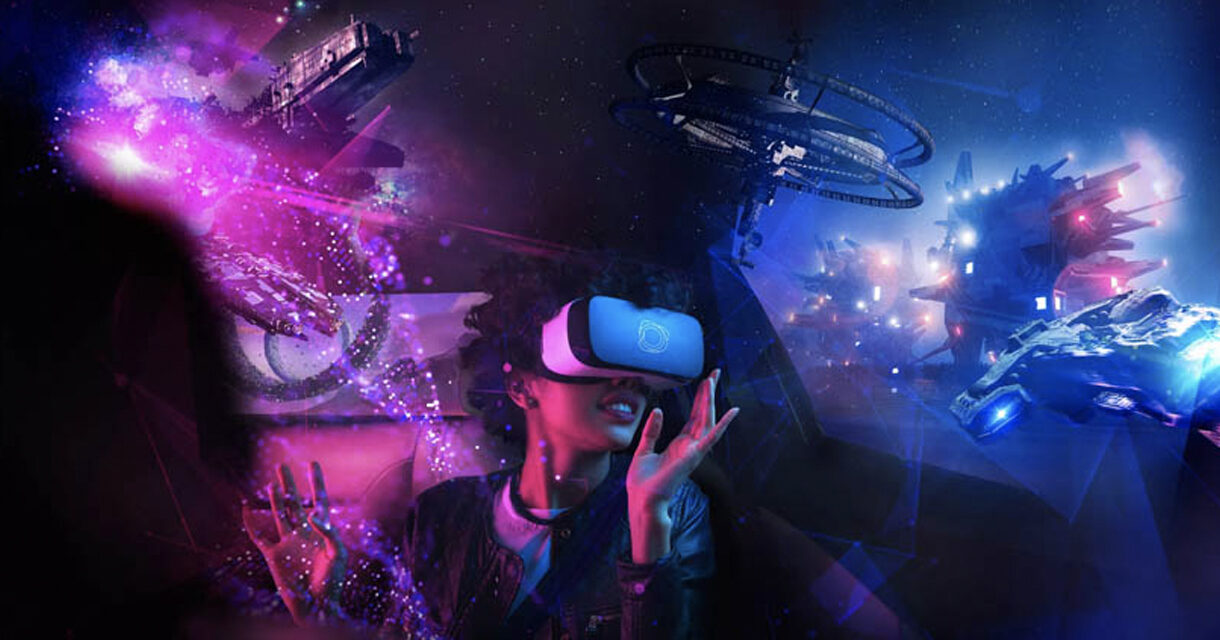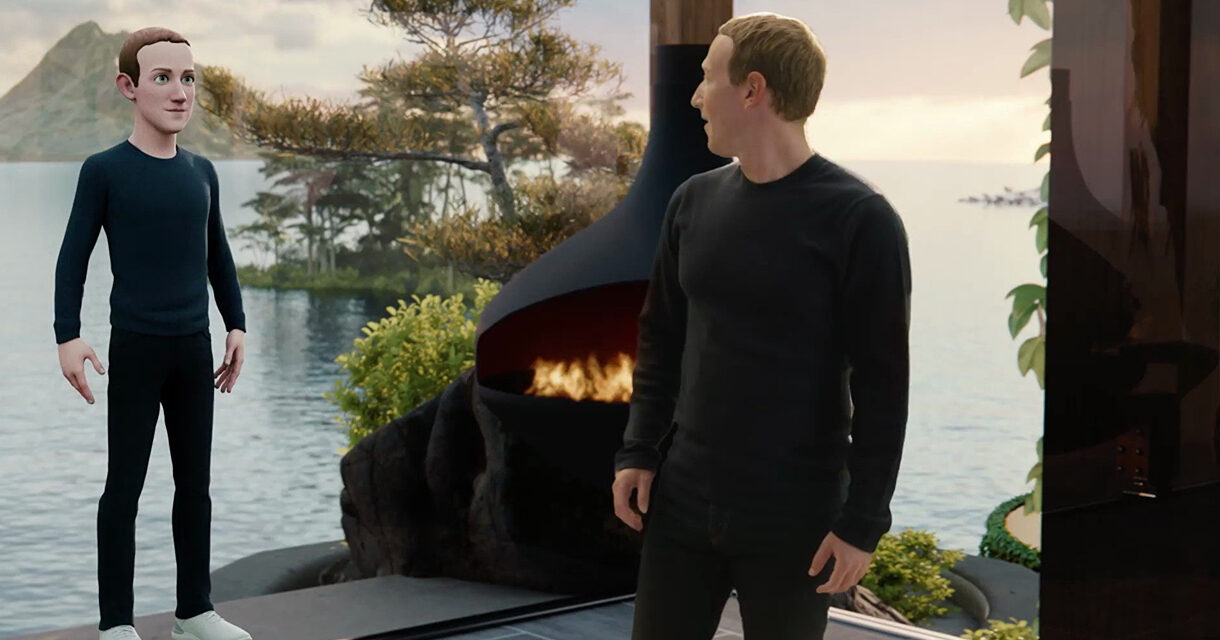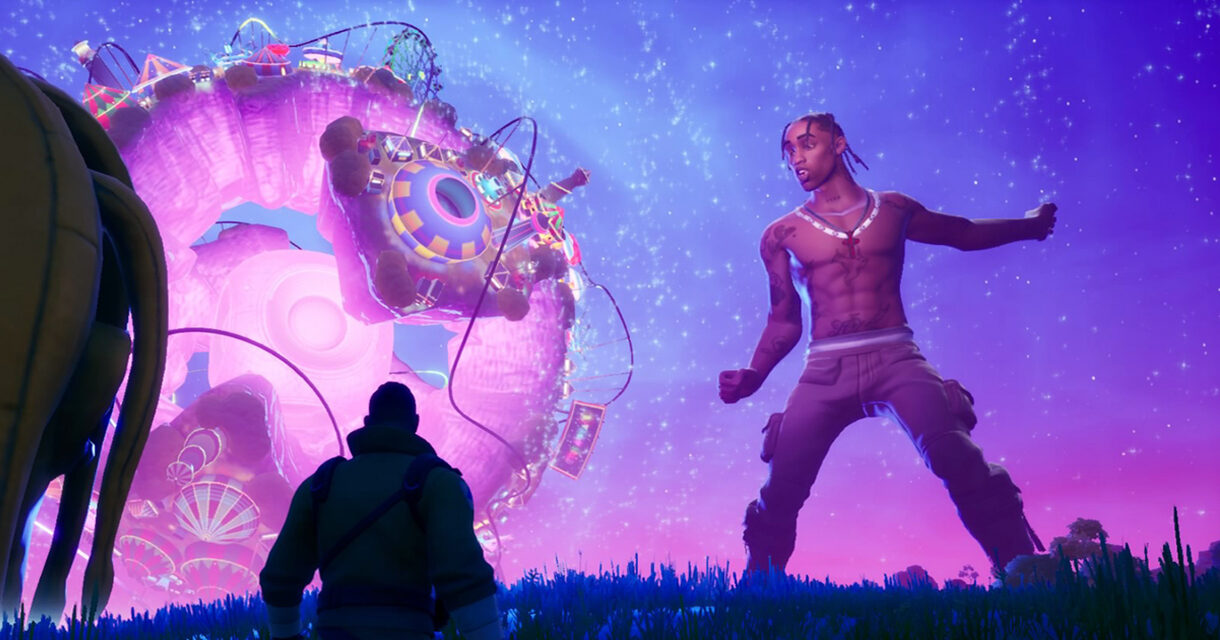The Metaverse: Why It’s Important and the Future of Virtual Events

Imagine the possibility of being able to attend a concert virtually with thousands of fans from across the world. All walks of life gathered in unity for a memorable virtual event. Today, we’ve reached that technological threshold, and many of us are utterly unaware of the potential it holds to dramatically change the way we interact with the internet. History is repeating before our eyes, as we relive the initial launch of the “World Wide Web”. Like today, there were skeptics, and an oblivious market of consumers incapable of imagining the level of influence the internet would have on our lives 20 years later. Just recently, Facebook CEO Mark Zuckerberg shocked the world by introducing The Metaverse at the company’s Annual Connect Conference last October. To propel their efforts even further, Facebook announced it would hire 10,000 experts to begin developing the Metaverse, and has committed at least $10 Billion to initiate their project. Which begs the question, what is the Metaverse? Why should we care? And what does it tell us about the future of virtual events as we know it?
What is the Metaverse?
To the average novice, the Metaverse may strike them as a refined version of Virtual Reality (VR), but there are experts, including Facebook CEO, who are wholeheartedly convinced it will revolutionize the way the world connects online. The Metaverse is simply where the physical and digital worlds collide. A digital ‘universe’ where digital representations of people interact at work, play, meet in their office, try on clothes, and even attend virtual events of any kind. The vision suggests it would replace computers, and use a headset to participate in a virtual world filled with all sorts of digital settings. Unlike VR, which is based solely on gaming, this parallel digital universe is a series of interlinked worlds where a user ventures seamlessly through any environment as they please. Zuckerberg states, “We believe the metaverse will be the successor to the mobile internet, we’ll be able to feel present – like we’re right there with people no matter how far apart we actually are”. Is the future of the Metaverse just wishful thinking, or are we really living in the future? Most importantly, why should we care?

Why we should pay attention to the Metaverse.
Usually, the hype about digital worlds, and virtual (or augmented) reality is the latest buzz every few years, and then gradually dies down. However, now there are serious wealthy tech investors that are excited about the new internet and no one wants to be left behind if their vision comes to fruition. For the first time, the technology is nearly there to fulfill the needs of the Metaverse, with advancements in VR and connectivity. Still not convinced? The largest gaming platforms like Fortnite & Roblox have pushed the limits of online worlds by hosting concerts, brand events, and more inside their virtual spaces. Facebook has taken this a step further with the Metaverse by placing social human interaction at the center of their designs, rather than gaming as the core. A good example is the development of VR meeting applications called Workplace, and a social space called Horizons, both of which use virtual avatars to host meetings or chat. Additionally, the CEO of Epic Games, Tim Sweeney, shares that he imagines an online world where an automotive company promoting a new car can add it into the Metaverse in real-time, and allow consumers to conveniently test drive. The future of the internet is far more than just gaming, it will be an alternate reality.

The Future of Virtual Events
Some of the first Metaverse virtual events took place last year and gave us a small taste of what the future has in store for us. We are witnessing the birth of a new tool for many brands that follow the latest trends on the internet, and many are ready to jump on board. The fastest-growing concept of the Metaverse is MILEs, Massive Interactive Live Events, and some huge artists that have proven how impactful these new events can be. Just recently, rap artist Travis Scott broke records by performing for 12.3 million gamers in a virtual concert, pushing the boundaries of just how immersive the Metaverse can be. As a result, brands have jumped on board to capitalize on the rise of its popularity and expand public relations within the online world. Brand marketing in the Metaverse offers deeper encounters, immersive experiences, and endless opportunities for brands to create value during the virtual journey of a user. The proof of concept is at an emergent stage, but ultimately the future looks bright with the rise of other virtual assets like NFTs, cryptocurrencies, digital merchandising, and virtual real estate. These are all new possible business ventures for the experiential event industry that goes beyond just mobile apps, websites, and person-to-person marketing. Brands are leveraging the Metaverse to accelerate their customer touchpoints, and are dedicated to sticking with current industry trends that are taking off.

We are a unique collective of ambitious makers, doers, and dreamers that work as one to push forward the power of what’s possible.
FG|PG was founded nearly 21 years ago. Today we’re one of the largest woman-owned, WBENC Certified, live, hybrid and virtual experiential agencies in the US. That trajectory isn’t accidental. It’s the result of a commitment to continually evolve, to never stop learning, and to always listen to our clients’ needs.